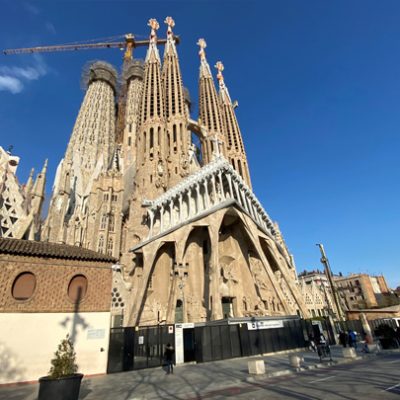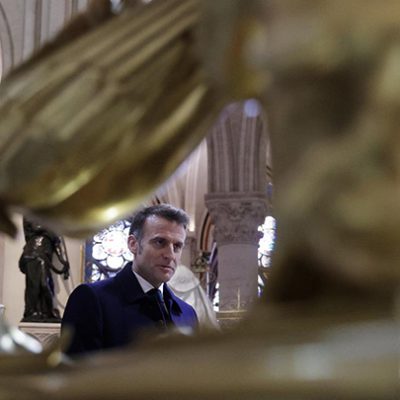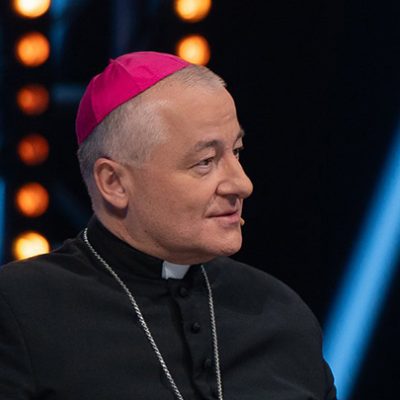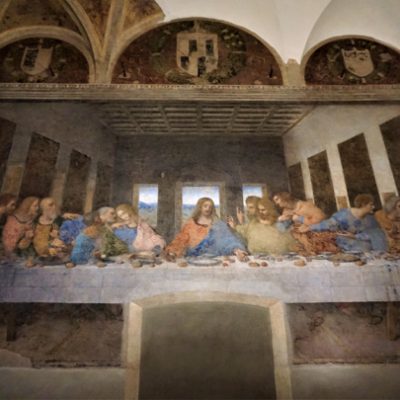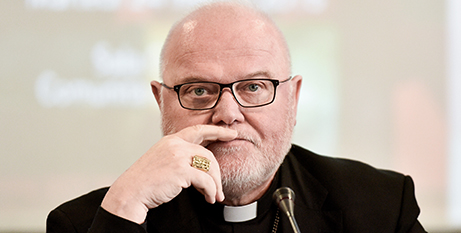
Cardinal Reinhard Marx on Sunday asked for forgiveness in the case of a World War II massacre in Italy on the orders of a man who went on to become a bishop in Munich. Source: CNA.
Before he ascended to the rank of auxiliary bishop in the Archdiocese of Munich and Freising in 1968, Bishop Matthias Defregger wore a different uniform. As a captain in the 114th Jäger Division, he presided over a grim chapter of history. His unit, in the summer of 1944, killed 17 innocent men and set ablaze the village of Filetto di Camarda.
On July 9, the current archbishop of Munich found himself face-to-face with descendants of those victims. Cardinal Marx thanked the people of Filetto for their courage in confronting the past and their refusal to let history be swept under the rug.
“We feel how important it is not to forget,” he said. “Suppression of history cannot build a good future.”
World War II was nearing its end in Italy when the massacre occurred. After an attack by Italian partisans, Major-General Hans Boelsen ordered a brutal act of “reprisal”. Captain Defregger, reportedly reluctant, ultimately relayed the order that led to the execution of at least 17 innocent men between the ages of 20 and 65, and the burning of their village.
When the smoke of war cleared, Defregger, born in 1915 and a grandson of the Tyrolean painter Franz von Defregger, sought solace in the priesthood. He studied at a Jesuit college in Austria and was ordained a priest in 1949 in his native town of Munich.
His charisma and competence saw him rise swiftly through the ranks of the Bavarian diocese, culminating in his appointment as auxiliary bishop by Pope Paul VI.
Ultimately, despite long legal investigations and several court proceedings in both Italy and Germany, Bishop Defregger was never found guilty.
FULL STORY
Cardinal Marx apologises for later bishop’s role in WWII massacre (By AC Wimmer, CNA)



